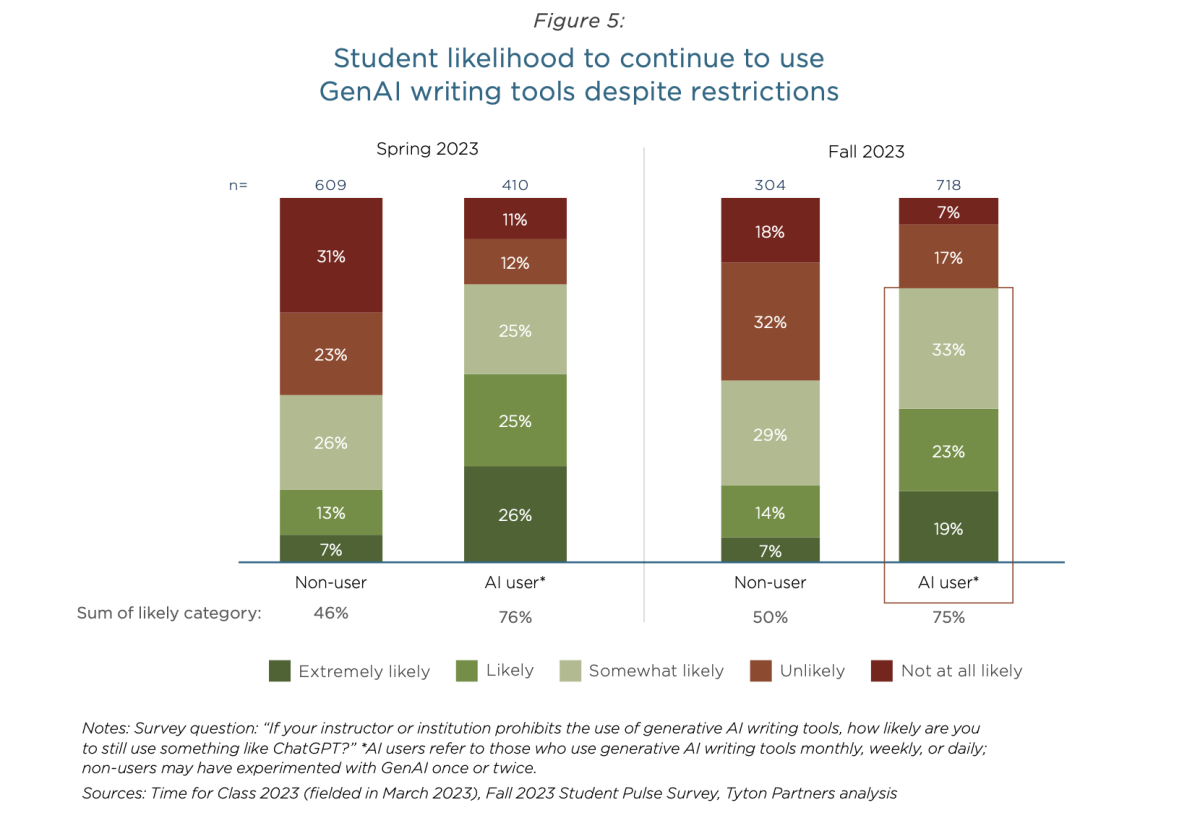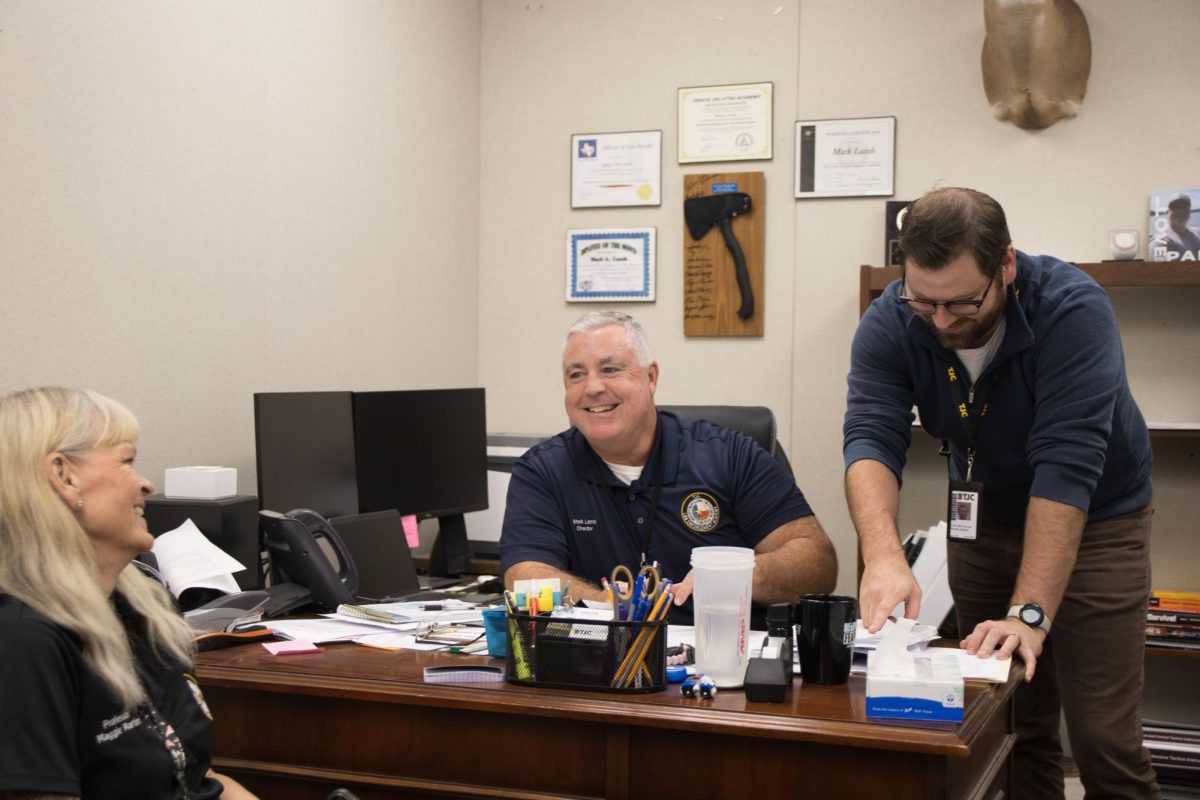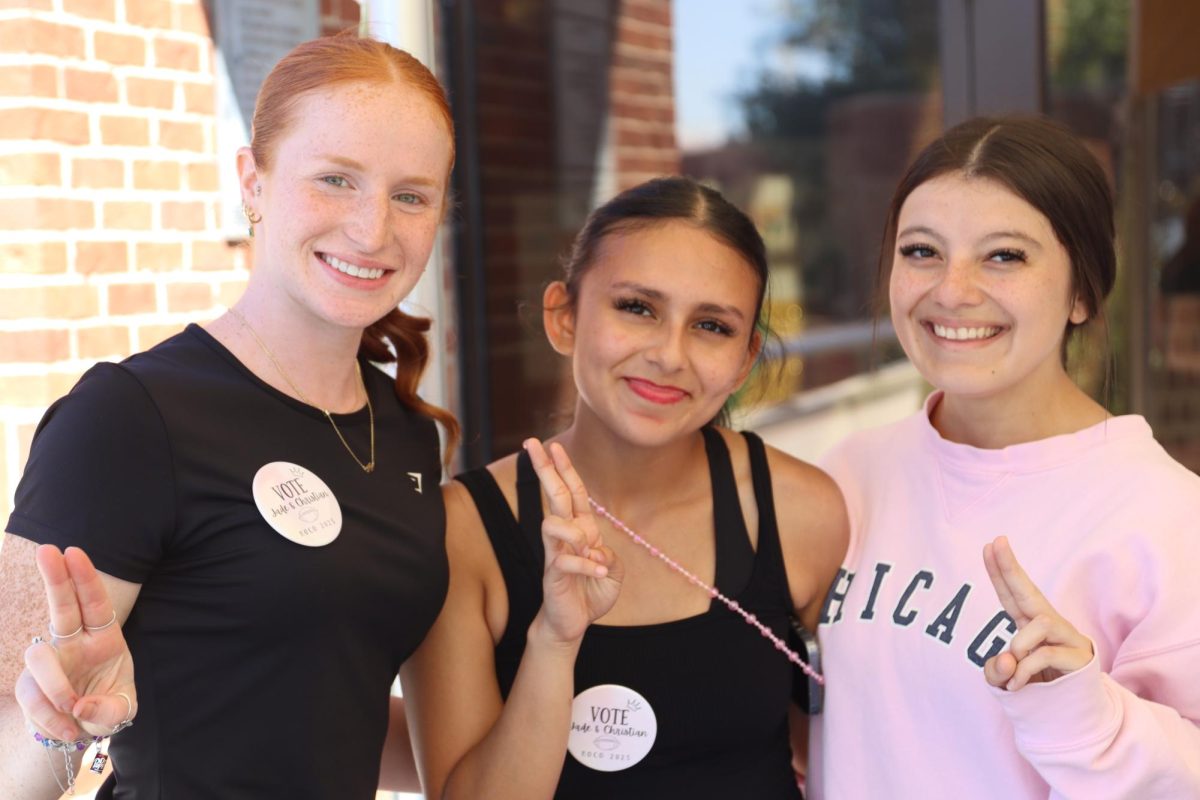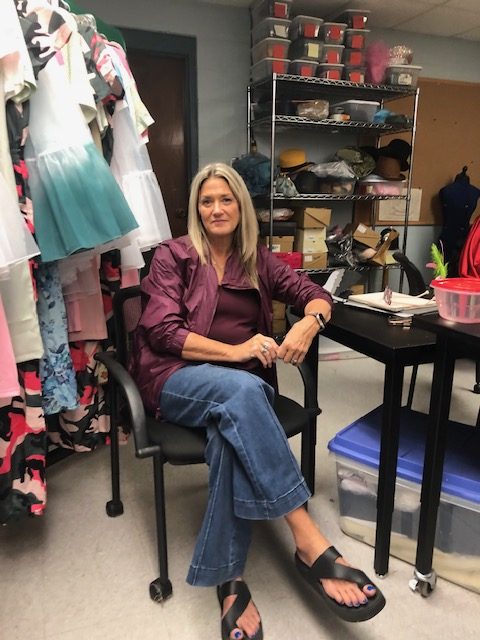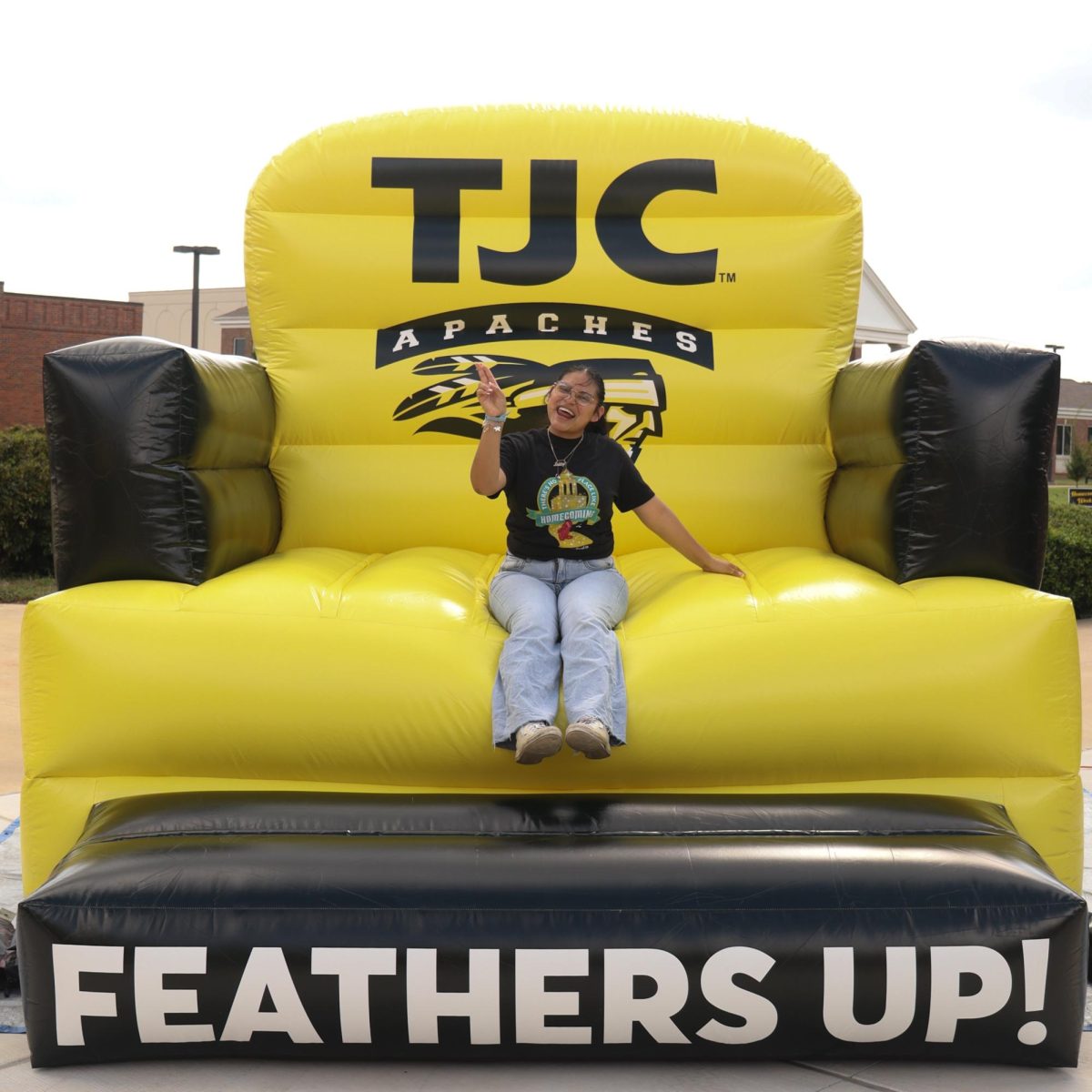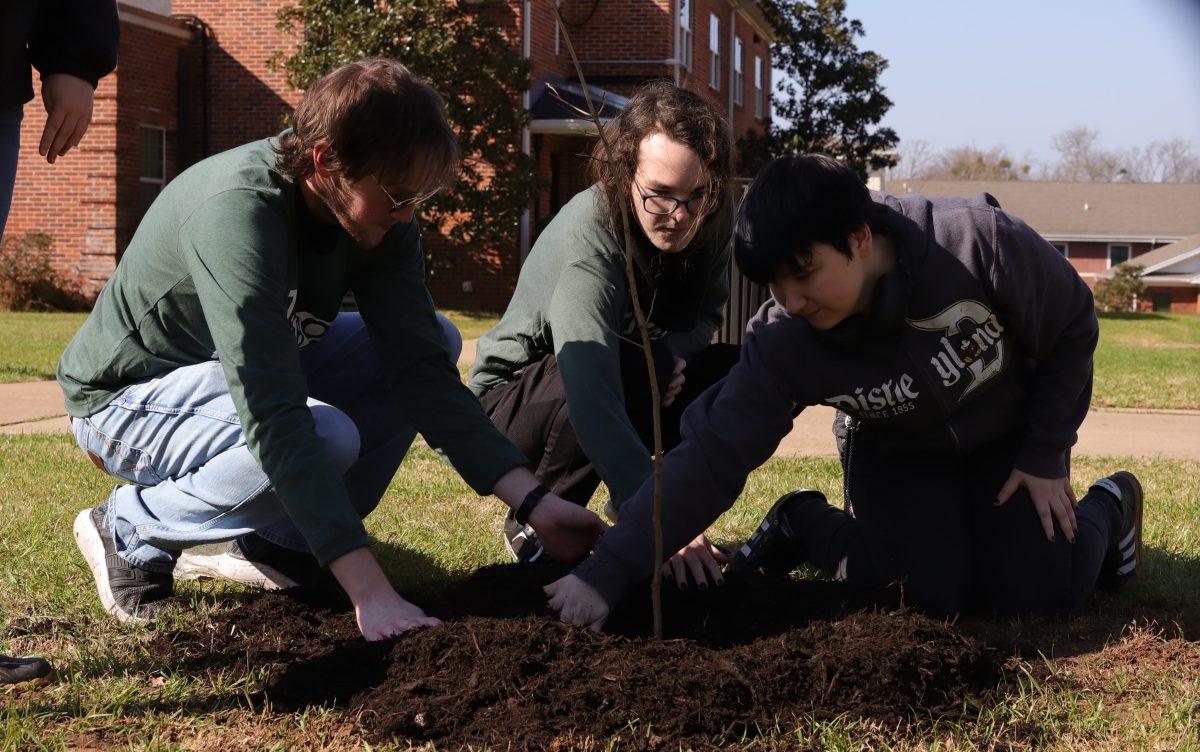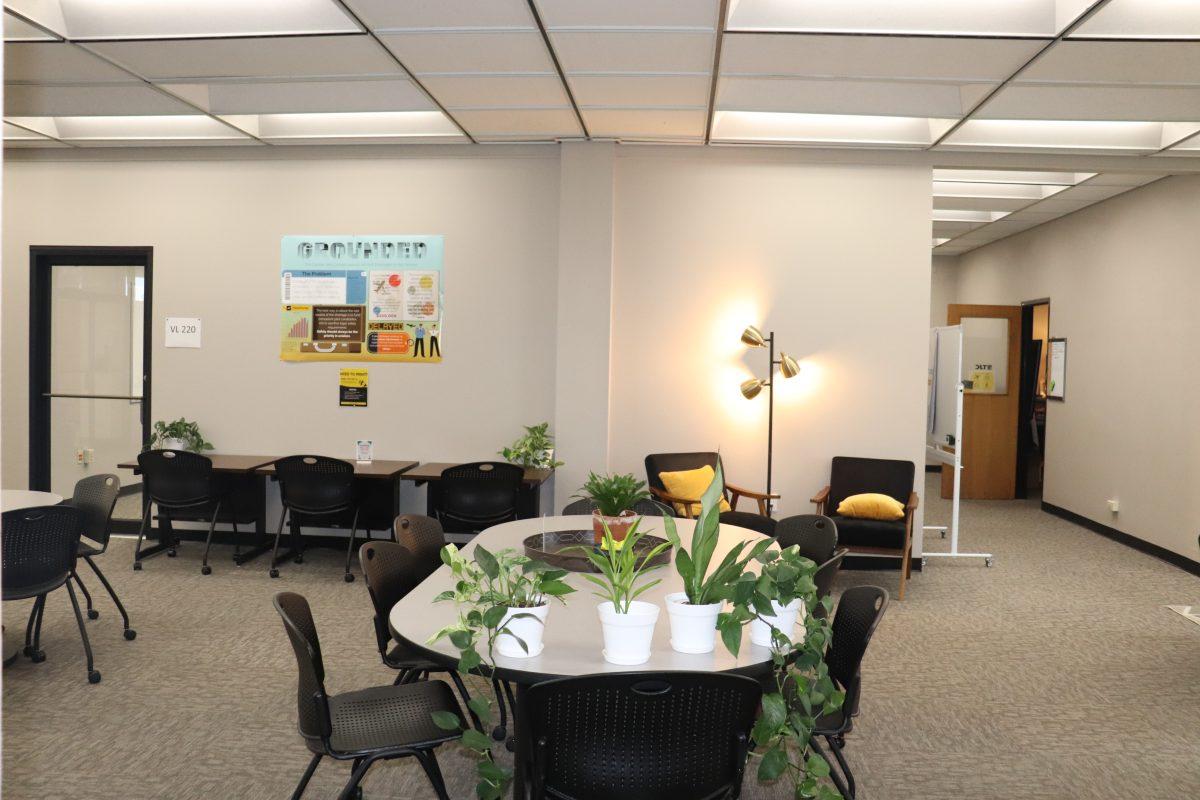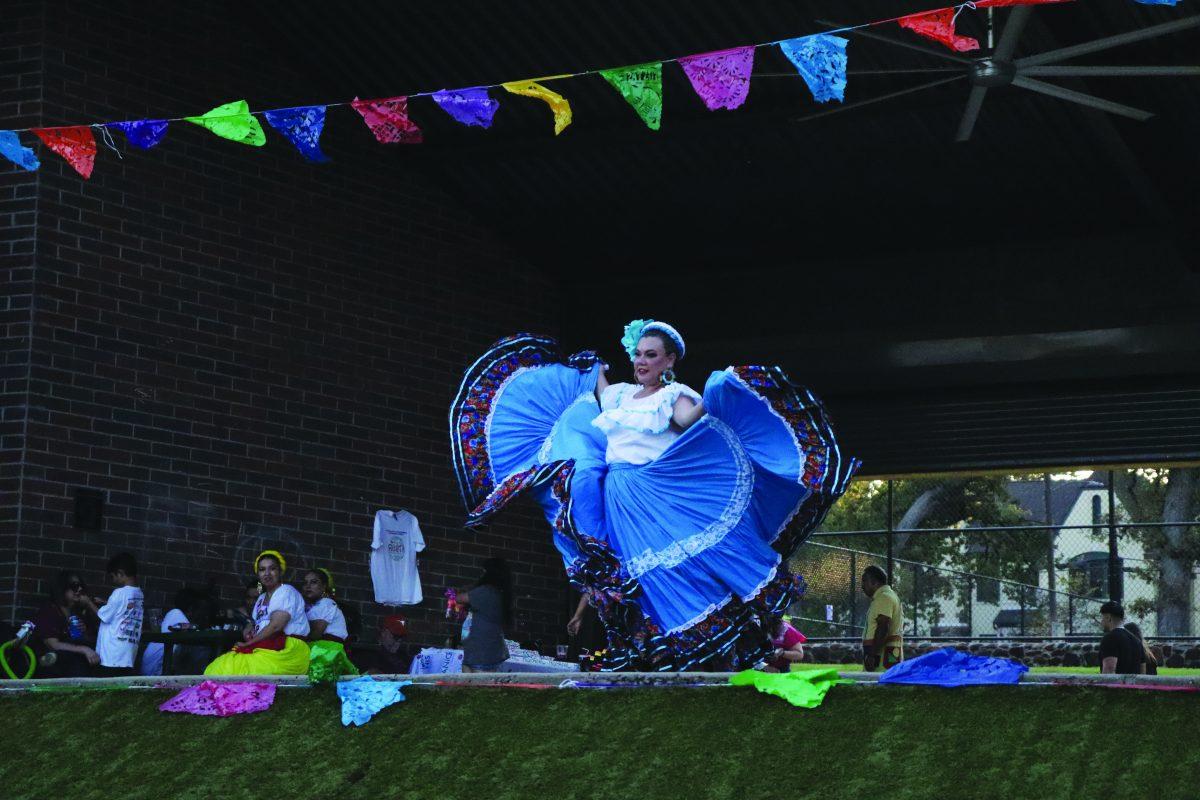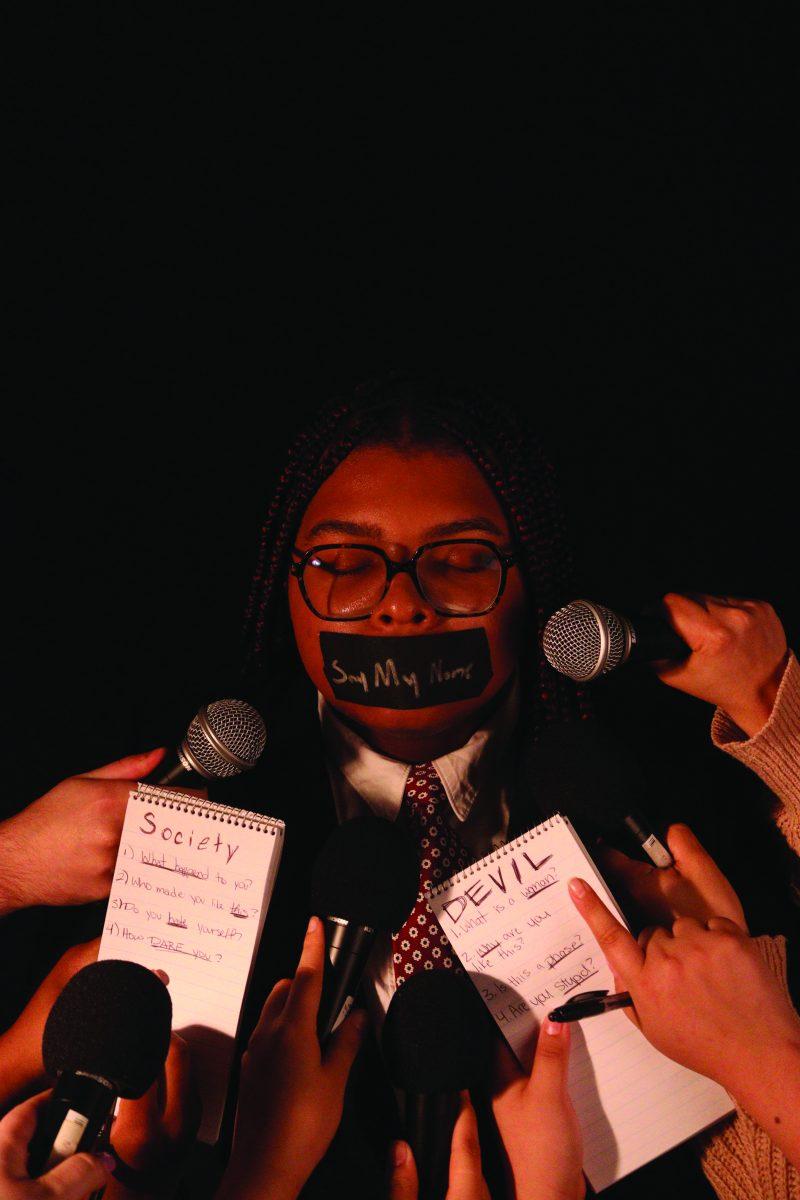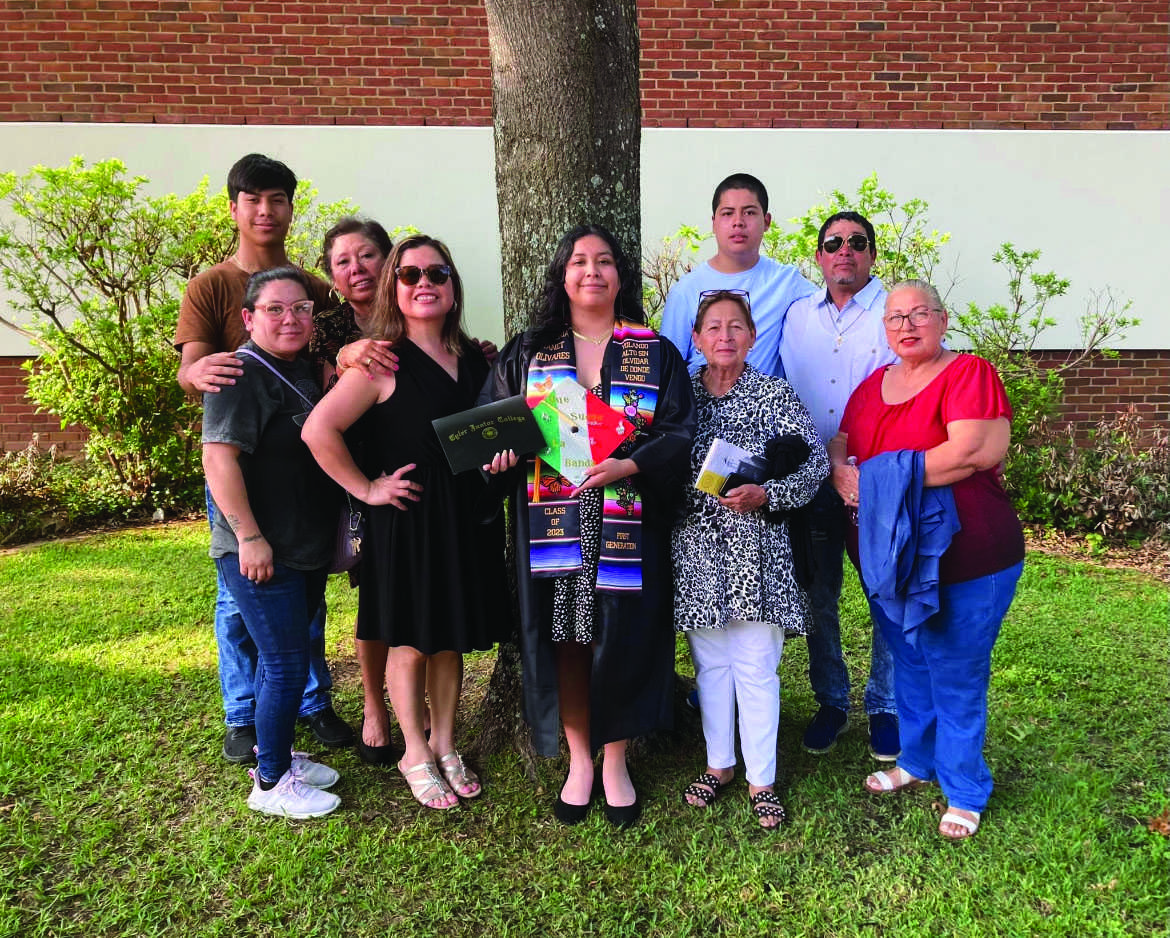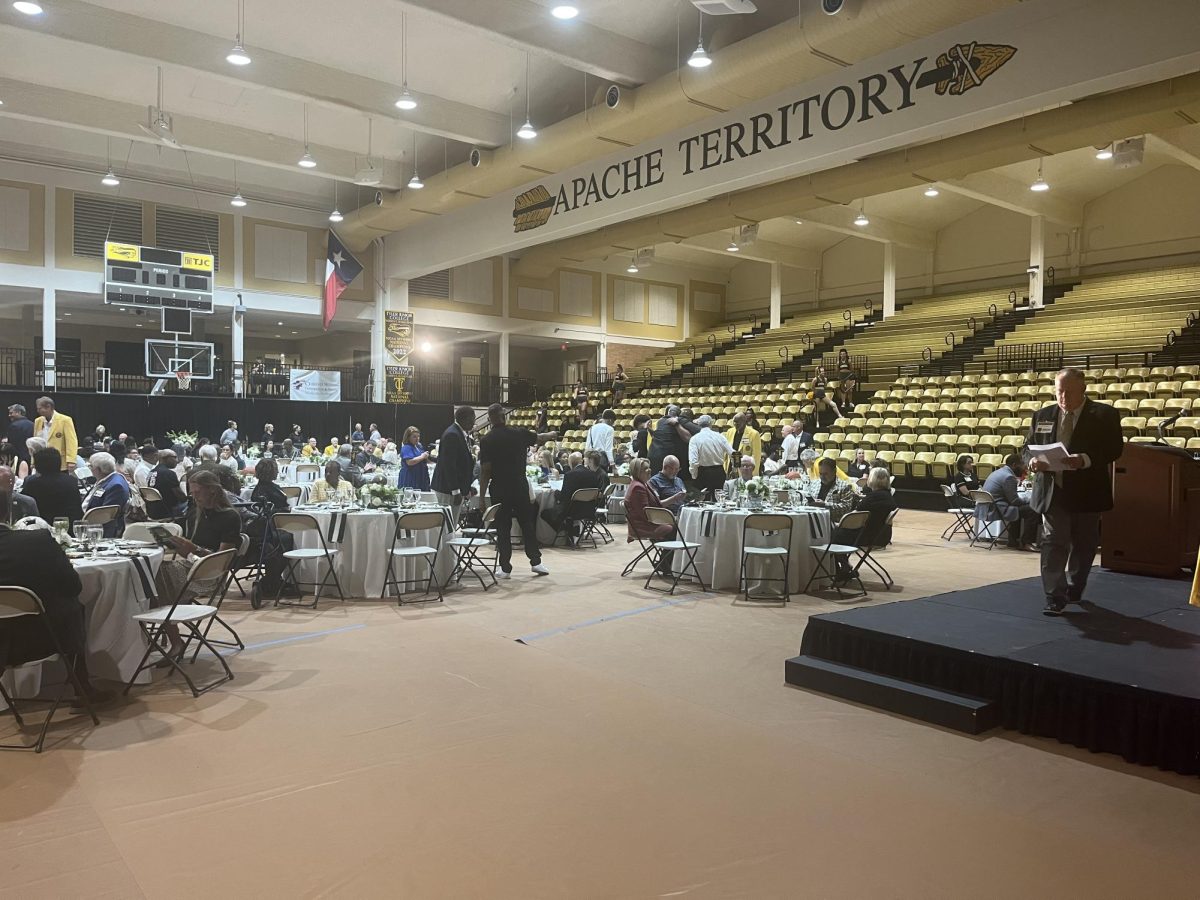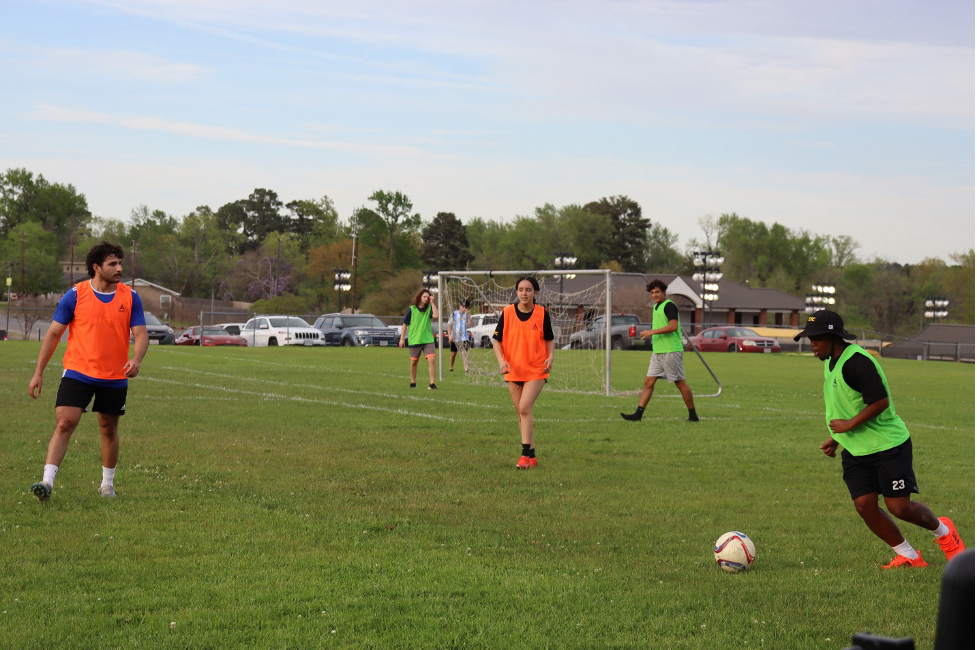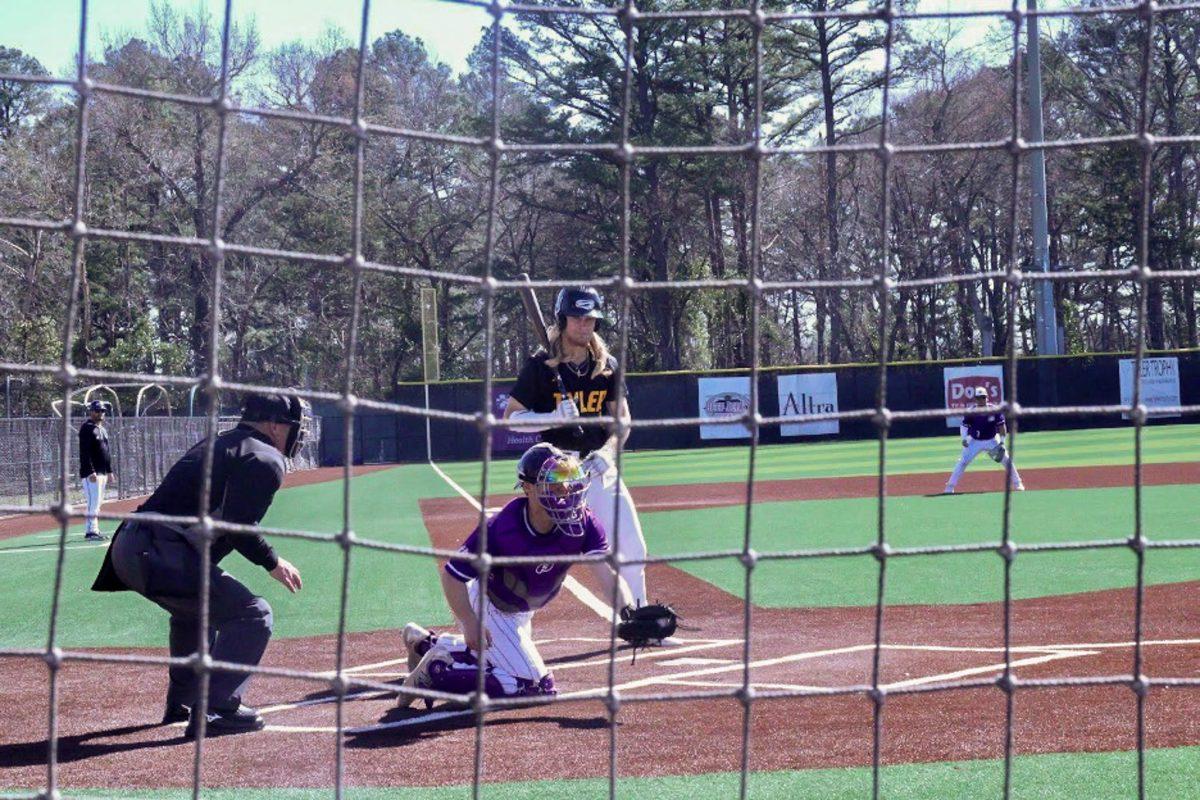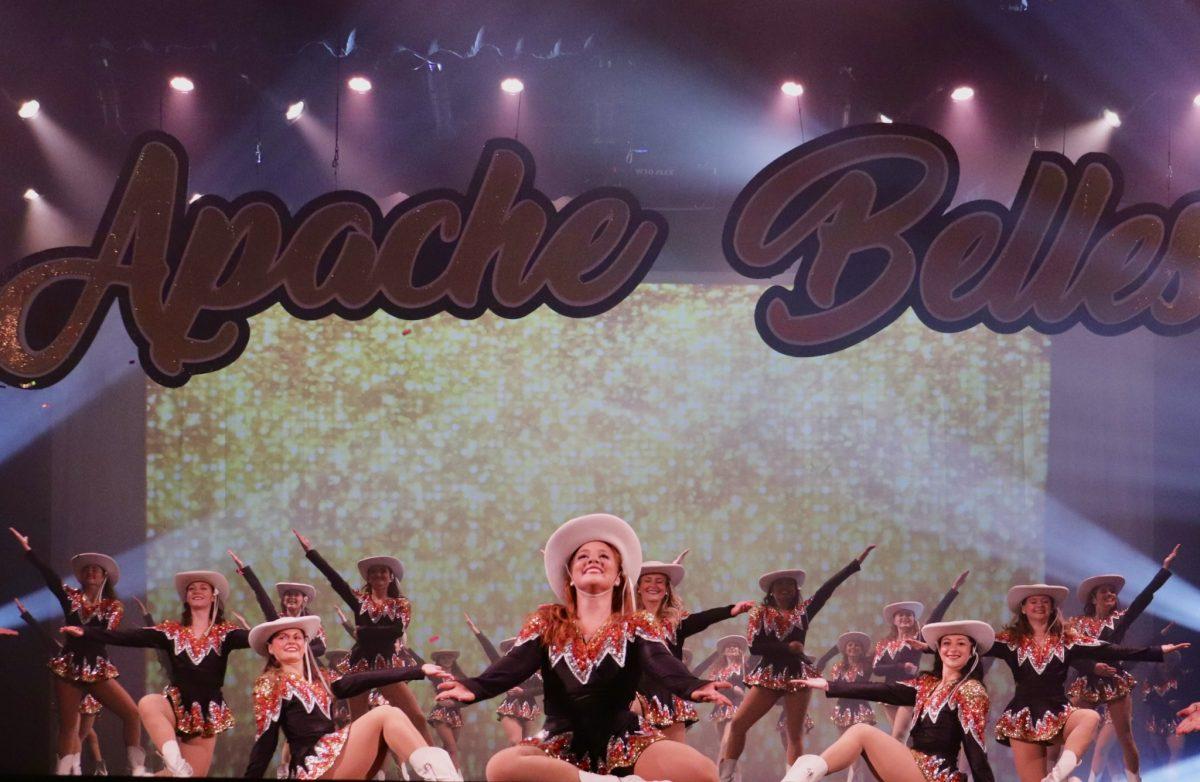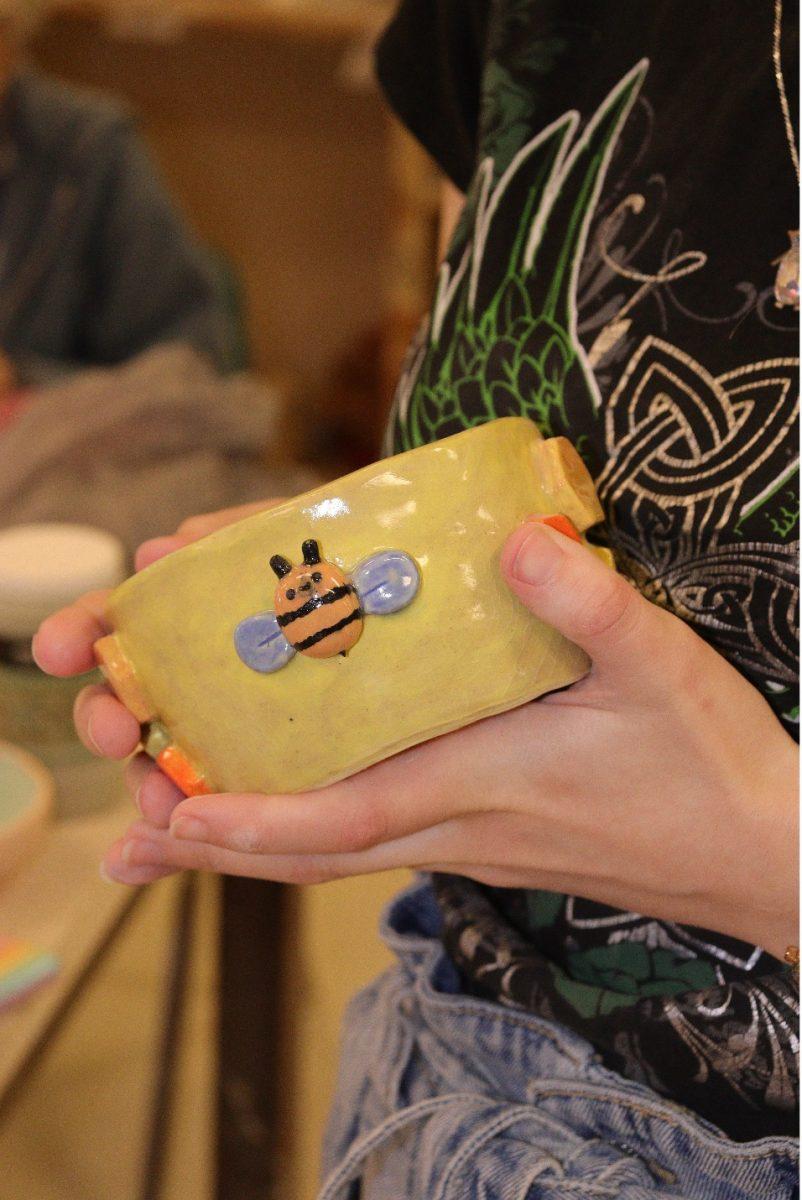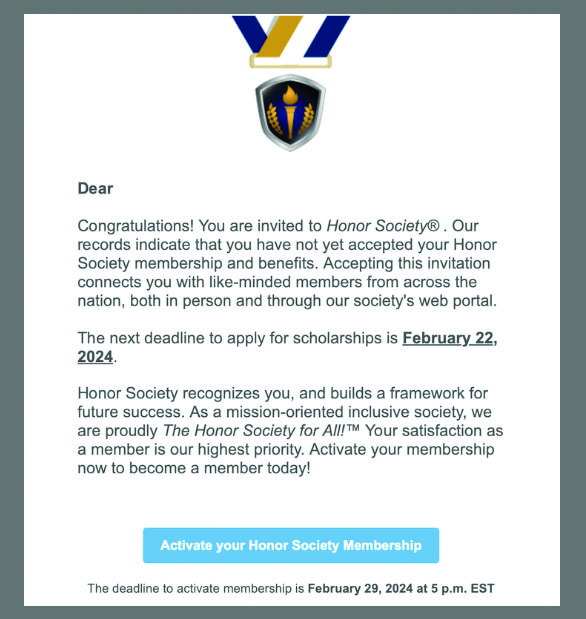Across the United States, a growing number of students are embracing generative artificial intelligence (AI) as a transformative tool in their academic pursuits. According to recent studies, 56% of students nationwide are incorporating generative AI platforms into their classwork, marking a notable shift in how education intersects with technology.
If someone might not be able to tell, this introduction was written by ChatGPT. More and more students every year are using alternate methods for doing classwork on college campuses. Some of these being unorthodox and academically dishonest. In a study by a pulse survey in March 2023, 75% of students said they would continue to use generative AI like ChatGPT, even if banned, for their studies during their fall 2023 semester.
Ever since COVID-19 moved students to online classes instead of face-to-face courses, there’s been a jump of people using generative AI for work. “Depending on the statistics you’re looking at, there’s been a fairly big increase,” said Ken Craver, the director of distance education at TJC. “A lot of schools are seeing more of it. Being further away from home gives students an easier way to cheat on assignments, tests, and even research papers.”
Eventually, students will enter the working industry looking for careers that will want to hire people who have experience in their field. “From our standpoint, it’ll take a while down the road, but we’re going to be graduating students that when they go into the workforce, the training they should have had is simply not there. Employers can see that,” Craver said.
There are risks involved when cheating using generative AI or any other means to cheat on assignments. Professors try to dissuade their students from using cheating tools so that preventative measures can be taken before students enter their fields with poor work habits.
Craver also discusses the beneficial potential of AI, when utilized in a fair way, to help educators better teach and improve students’ writing and communication skills.
“This is a time when you have a unique opportunity to not only grow intellectually, but to grow in every other way possible, and so take advantage of that,” Craver said.
Since academic dishonesty is a student-to-professor circumstance, a lot of decisions are left up to the professor. The most common method being, a warning or zero on the work, then a write up to the dean of that subject. If further discipline is necessary, then a forced withdrawal or failing of the class would happen, according to the TJC Student Handbook.
This leads into a bigger issue — a loss of education when cheating on schoolwork.
“Learning how to learn is the important thing and if you work through the course when someone is giving you the answers, whether that is artificial intelligence, that is somebody helping you, or that is just you looking things up and copying them verbatim; there’s going to be a loss there you can’t replace,” Craver said.
This is something TJC is working to combat as evidenced in their student guidelines for academic dishonesty and professors’ syllabi. According to TJC’s Student Handbook, if academic dishonesty is in question, students are given a procedural process, a hearing, and a final outcome on the student’s status while the student remains enrolled for the time being. For the full details on the procedural process visit the TJC Student Handbook online.
“Not only do we not want you to cheat, we want you to get legitimate knowledge,” Craver said. “You should be not happy at all if other students are cheating because they’re devaluing the value of the degree you’re trying to get. That’s not good for you and it’s certainly not good for them.”
AI is here to stay. This requires the right tools necessary to train the faculty how to use and encounter generative AI not only in the classroom, but in distance education where this happens more often. Currently, there isn’t a silver bullet that can detect generative AI in students’ work 100% of the time. Generative AI is still to continue with an upward trend ever since its early popularization in the early twenty-teens.
“What I would tell students is, you know, you’re here for more than just making the highest grade you can make. You know, you’re here to have an experience. You’re here to grow as a person,” Craver said. “You’re here to learn and to take advantage of that, you know, get involved in this college, get involved in student life this year, make friends.”
